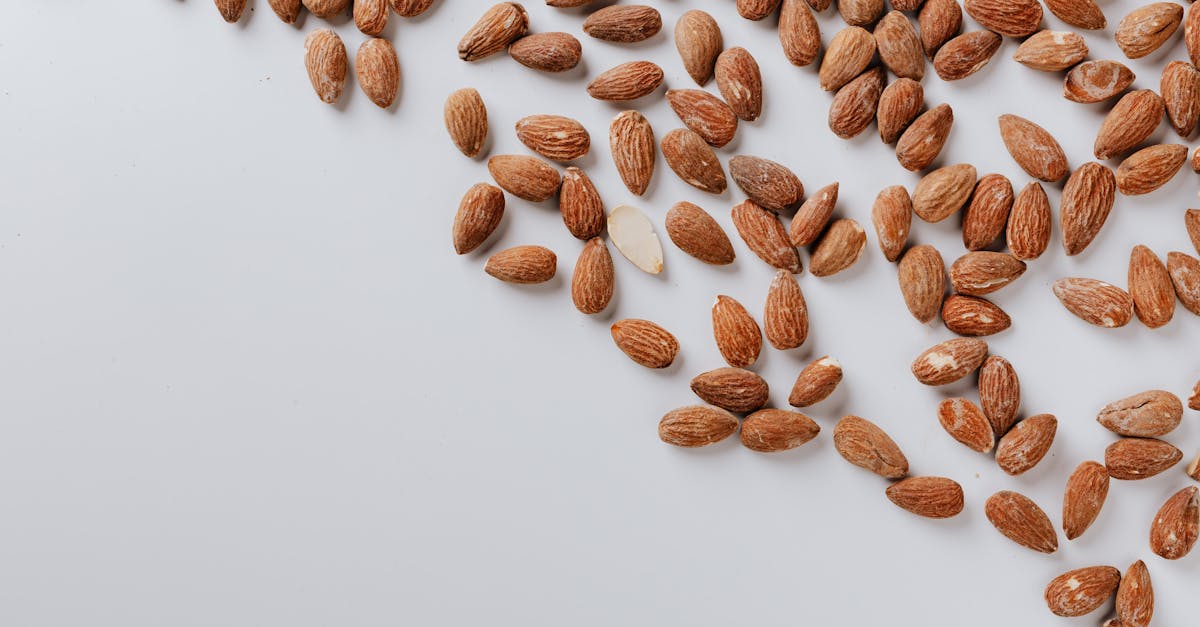Understanding The Keto Diet Benefits Risks Recipes
Introduction
The ketogenic diet, commonly known as the keto diet, has gained immense popularity for its potential health benefits and effective weight loss results. By focusing on a high-fat and low-carb diet, this meal plan promises to switch the body's energy source from carbohydrates to fats. In this article, we'll explore the keto diet's benefits, risks, and some delightful keto recipes that keep you on track.
Advertisement
Understanding the Keto Diet
The keto diet is a high-fat, low carb diet designed to push the body into a state of ketosis. Ketosis occurs when the body burns fat for energy due to a lack of carbohydrates. This metabolic shift leads to a significant reduction in insulin levels and increased fat burning, making it appealing for those aiming to lose weight.
Advertisement
Keto Benefits: Weight Loss
One of the main attractions of the ketogenic diet is its potential to aid in weight loss. By reducing carbs, the body is forced to use fat reserves for energy, which can facilitate rapid weight loss. Additionally, the high-fat content keeps individuals satiated longer, reducing overeating and snack cravings.
Advertisement
Enhanced Mental Clarity and Focus
Many keto diet followers report improved cognitive function and mental clarity. The brain can efficiently use ketones as an alternative energy source, which helps with focus and concentration. This diet may also stabilize blood sugar levels, minimizing energy crashes during the day.
Advertisement
Potential Health Benefits
Beyond weight loss, the keto diet has shown potential in improving acne, reducing the risk of certain cancers, and aiding in epilepsy management. Some studies suggest that a ketogenic meal plan may enhance cardiovascular health by improving cholesterol and triglyceride levels.
Advertisement
Keto Risks: Health Concerns
Despite its benefits, the keto diet has associated risks. It can lead to nutrient deficiencies if not well planned, as it restricts certain food groups rich in vitamins and minerals. Additionally, keto flu, characterized by headaches, nausea, and fatigue, is common in the initial stages as the body adapts to ketosis.
Advertisement
Digestive Issues and Concerns
The high-fat content may cause digestive issues, including constipation and diarrhea, due to a sudden dietary change. Since the diet is low in fiber, followers should aim to incorporate high-fiber, low-carb foods, and consider supplements if necessary to maintain gut health.
Advertisement
Implementing a Keto Meal Plan
Creating a balanced keto meal plan is crucial to success. Focus on healthy fats, like avocados, nuts, seeds, and olive oil, while incorporating moderate protein from poultry, fish, and eggs. Leafy greens and non-starchy vegetables provide necessary fiber and minerals.
Advertisement
Delicious Keto Recipes
Starting a keto diet doesn't mean sacrificing taste. Try a creamy garlic shrimp with zucchini noodles or a cheesy cauliflower bake for dinner. For breakfast, consider avocado egg cups or almond flour pancakes to stay satisfied and on plan.
Advertisement
Conclusion
While the keto diet offers promising benefits, it's essential to approach it with awareness of potential risks. Effective weight loss and enhanced mental focus can be achieved with a well-structured keto meal plan. Before starting, it's recommended to consult with a healthcare professional to ensure the diet aligns with individual health needs.
Advertisement


